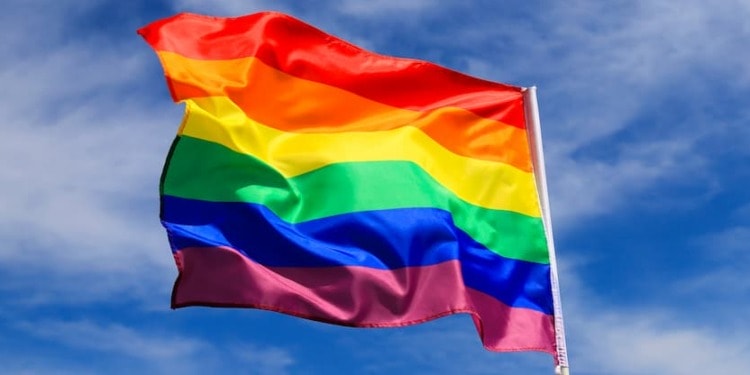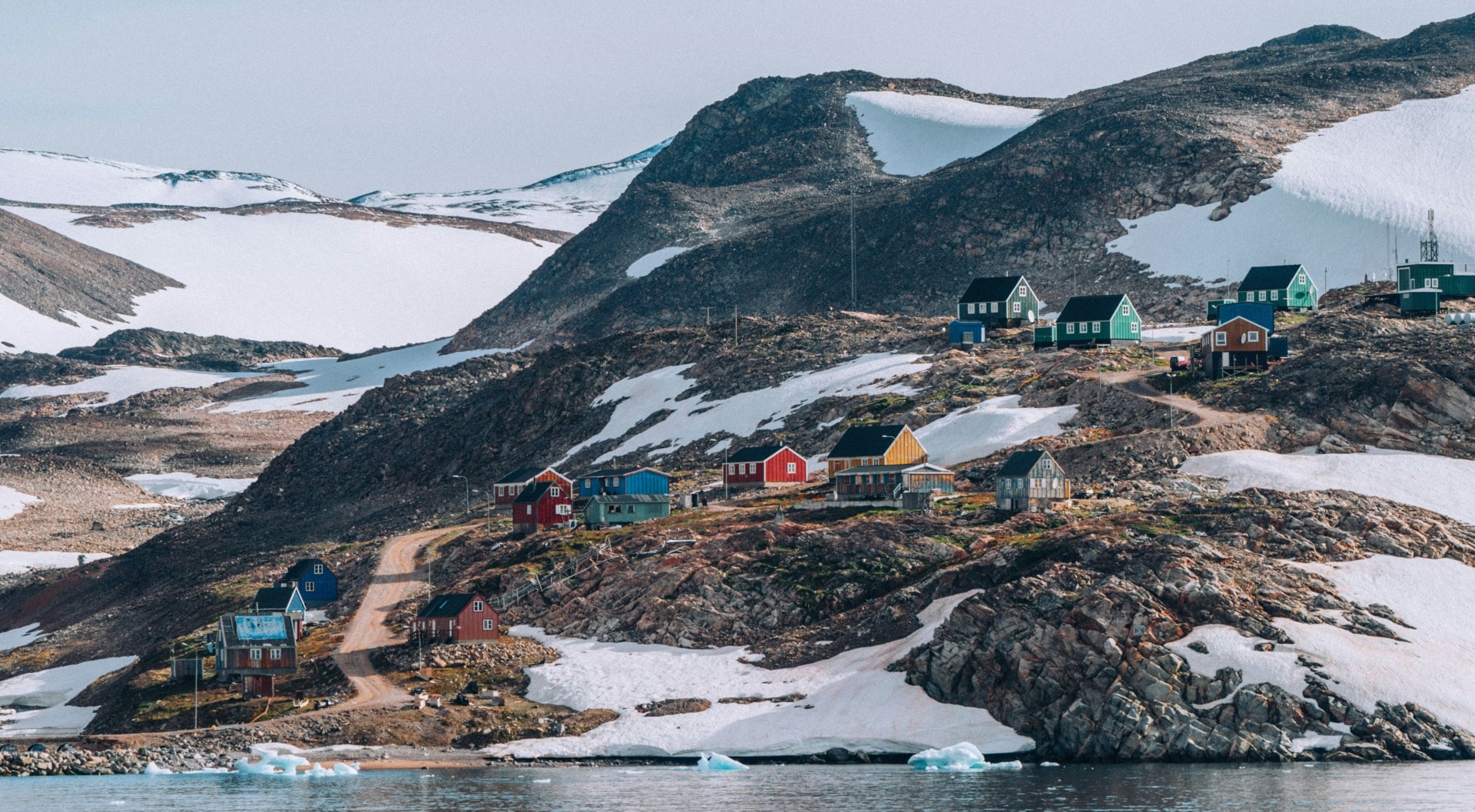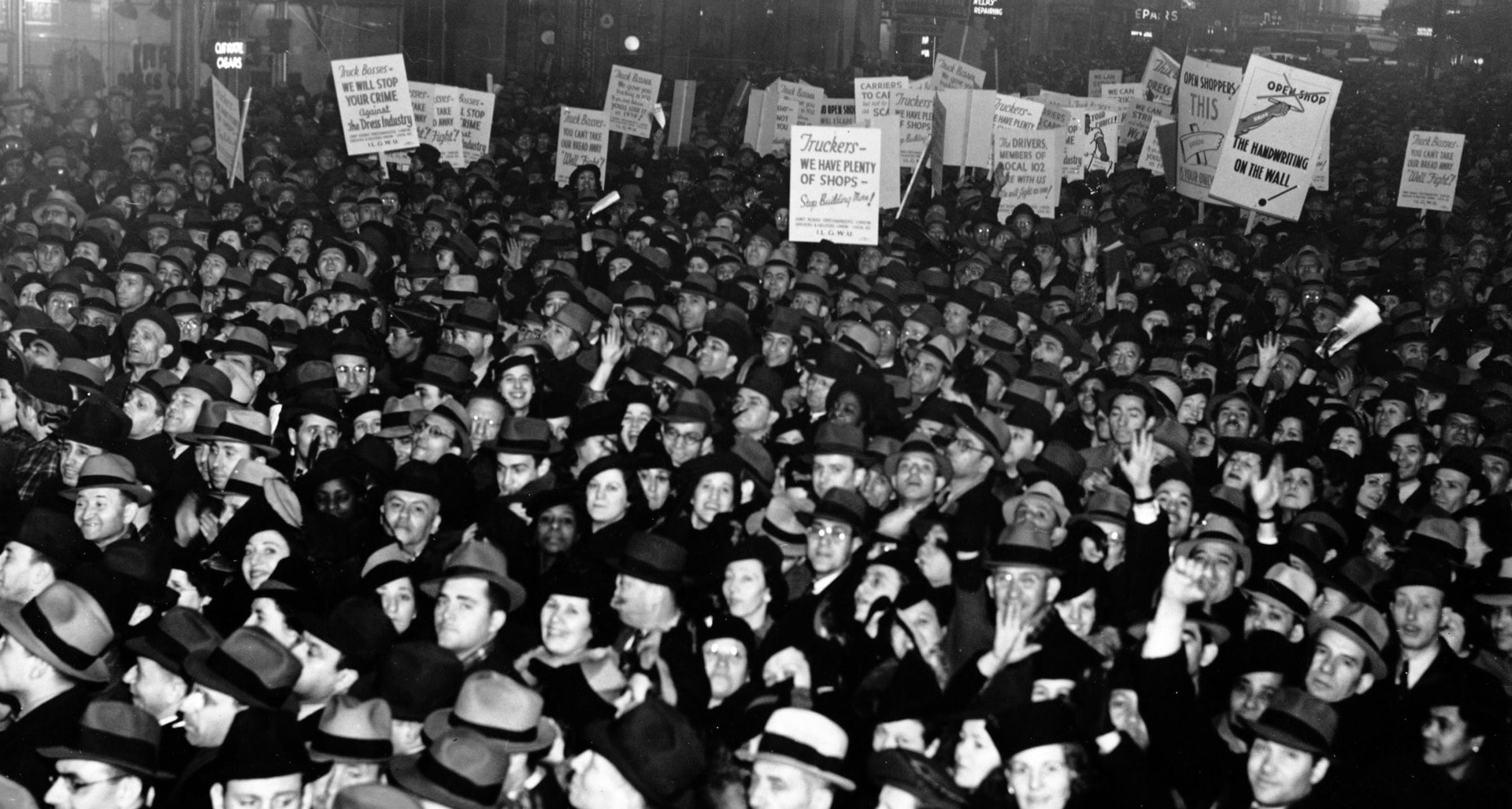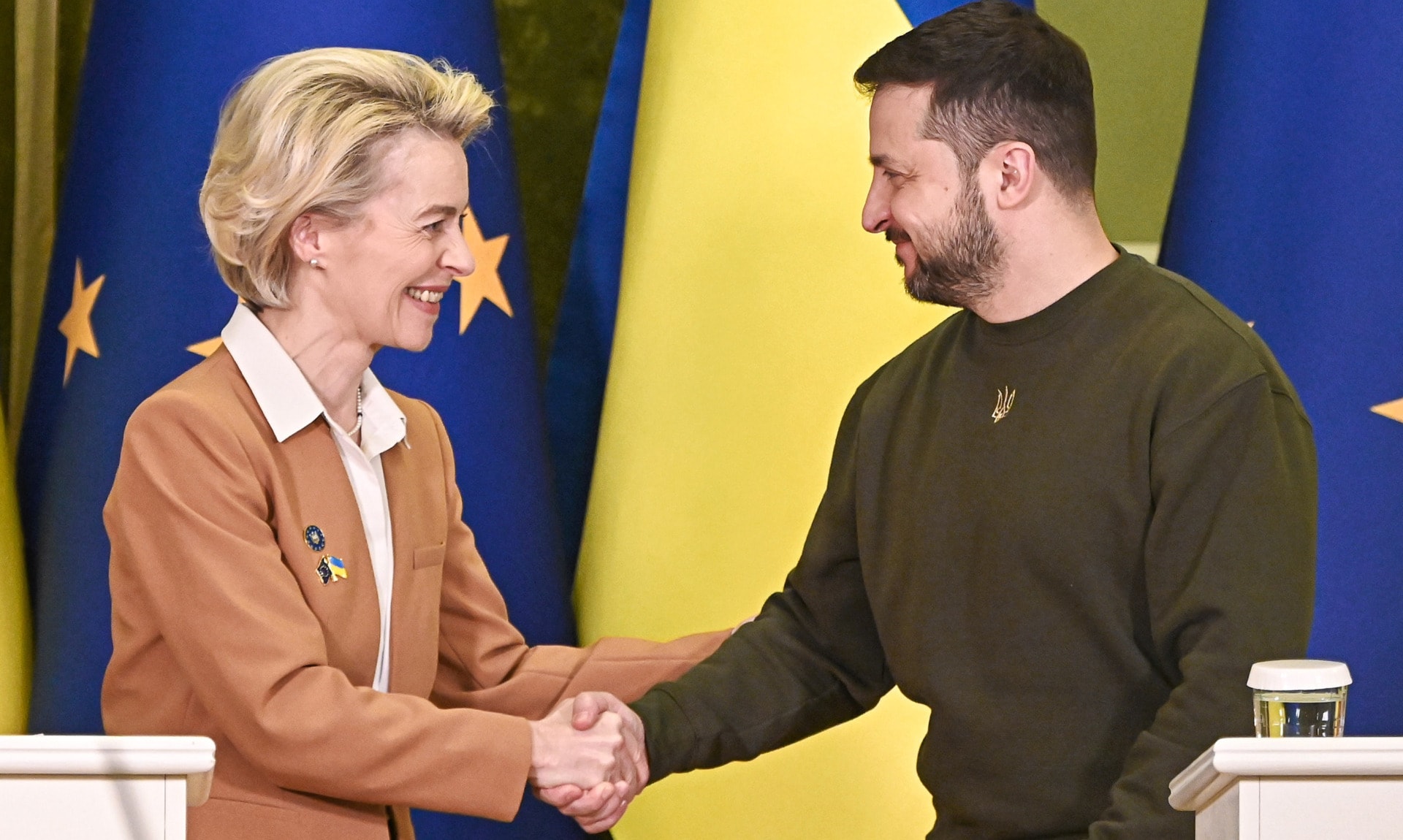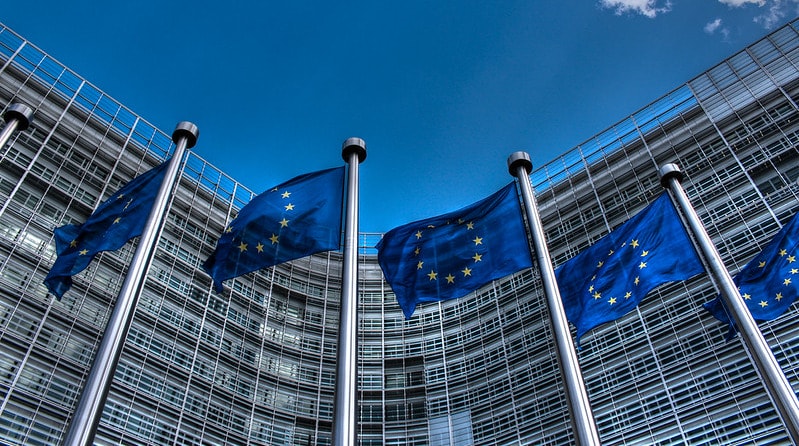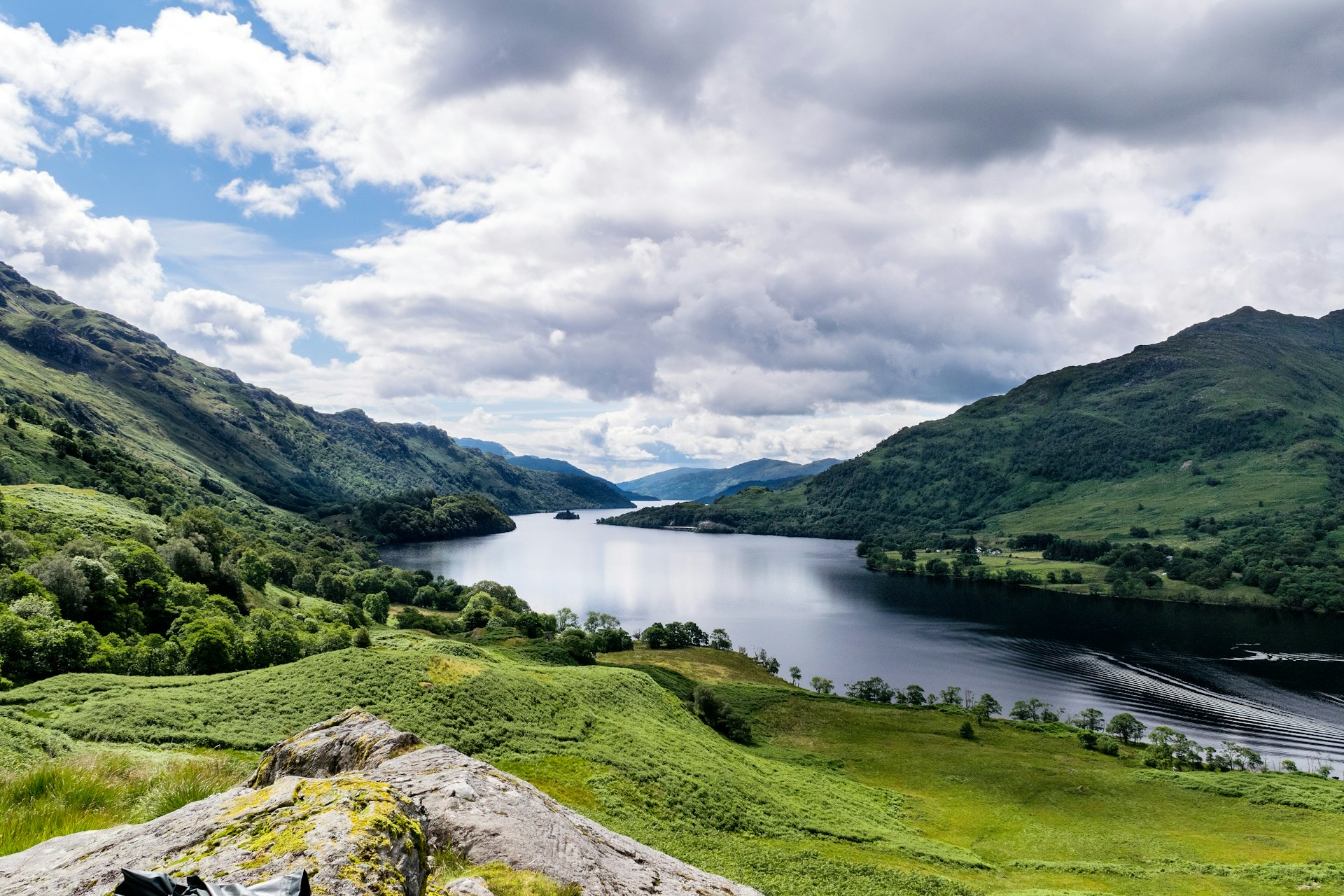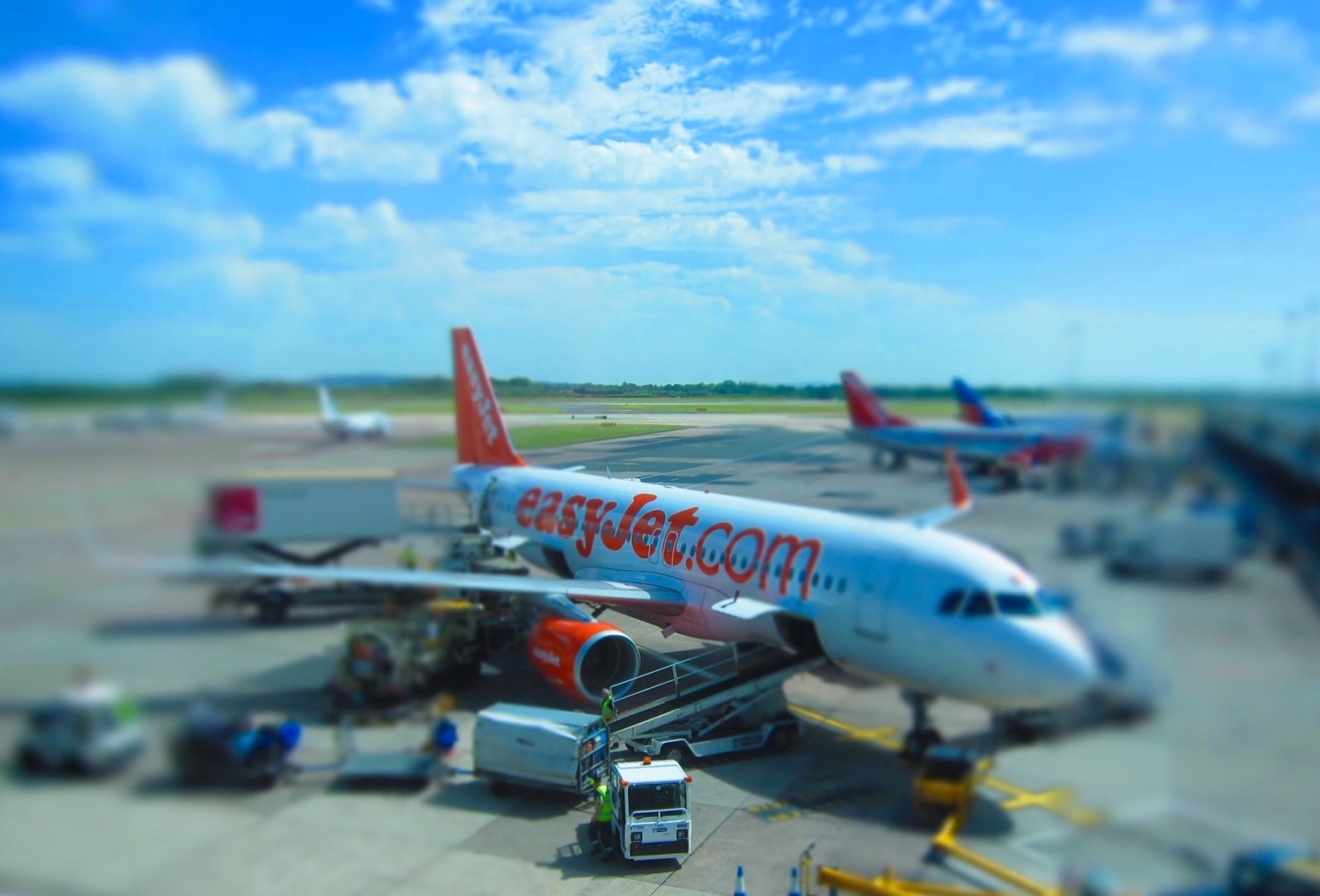The International Day Against Homophobia, Transphobia and Biphobia (IDAHOTB) is an important occasion to recognize people who are forced to flee a specific kind of persecution and discrimination.
Persecution from countries, as well as socio-economic exclusion fueled by stigma, discrimination, armed conflict, natural disasters, and climate change force many persons of diverse sexual orientation and gender identity to flee their homes in search of a safe environment, where they can live authentically and fully exercise their rights.
In too many countries it is still illegal to engage in same-sex relationships. In some, doing so is punishable by death. There are countries which have adopted laws that discriminate against LGBTIQ+ people. Confronted with this, many have no choice, but to flee. “Yet, even while trying to find safety, LGBTIQ+ people often continue to face risks, including violence or sexual abuse,” said by UN High Commissioner for Refugees Filippo Grandi.
The structural vulnerabilities that LGBTIQ+ people face, are intensified by their situation as migrants, asylum seekers, refugees, or internally displaced persons.
“Among 84 million people who are currently forcibly displaced worldwide, LGBTIQ+ people are particularly vulnerable and marginalized. Fleeing persecution and socio-economic exclusion, they often reside in countries that do not provide strong human rights protections or actively discriminate based on sexual orientation and gender identity,” said in the joint statement.
LGBTIQ+ people who are internally displaced in countries that criminalize consensual same-sex relations and/or diverse gender identities are rarely systematically acknowledged and addressed by institutions that support internally displaced persons. Many LGBTIQ+ people in forced displacement who cross an international border arrive in countries where they encounter similar or higher risks of violence.
“With the number of forcibly displaced persons continuing to rise, States, businesses, and humanitarian and civil society organizations must invest in developing human rights-based policies and programs that take into full account the intersectional dimensions of forced displacement and sexual orientation and gender identity, aiming for stronger collaboration and coordination for the protection of displaced LGBTIQ+ individuals.”
Discrimination and exclusion because of sexual orientation and gender identity globally still persist. Russia’s aggression against Ukraine has put the spotlight on LGBTIQ+ persons trying to flee the war since Russia is notoriously unwelcoming to them with its “Gay Propaganda” law.
But, Russia is far from the only one country that discriminates against LGBTIQ+ persons. Many countries in Africa and in the Middle East are unwelcoming or even actively discriminating against them, and more needs to be done to offer support, protection and safe spaces.

“Equality, respect for dignity and respect for diversity are at the heart of our Union. Everyone should be free to be who they are and love whom they choose without fear”, said the High Representative on behalf of the European Union in a recent declaration.
The United Nations Development Programme (UNDP), a United Nations organisation tasked with helping countries eliminate poverty and achieve sustainable economic growth and human development, announced today their theme for the International Day Against Homophobia, Transphobia and Biphobia 2022: “Our Bodies, Our Lives, Our Rights”.
The theme is not only a call for social acceptance, but also a demand for public policies and programmes that are inclusive of the rights and needs of LGBTIQ+ people.
Overall, key organizations and institutions have addressed their support for the LGBTIQ+ people, especially for those that are currently forcibly displaced worldwide. Many countries still have in place discriminatory laws that criminalize, consensual same-sex relationships, leaving LGBTIQ+ people open to risk of arrest, extortion, violence, stigma and discrimination. There is an urgency to change, and stop this globally.
Editor’s Note: The opinions expressed here by Impakter.com columnists are their own, not those of Impakter.com — In the Featured Photo: The rainbow flag is a symbol of lesbian, gay, bisexual, transgender (LGBT) and queer pride and LGBT social movements. Featured Photo Credit: 2022 Global Alliance for Behavioral Health and Social Justice.


